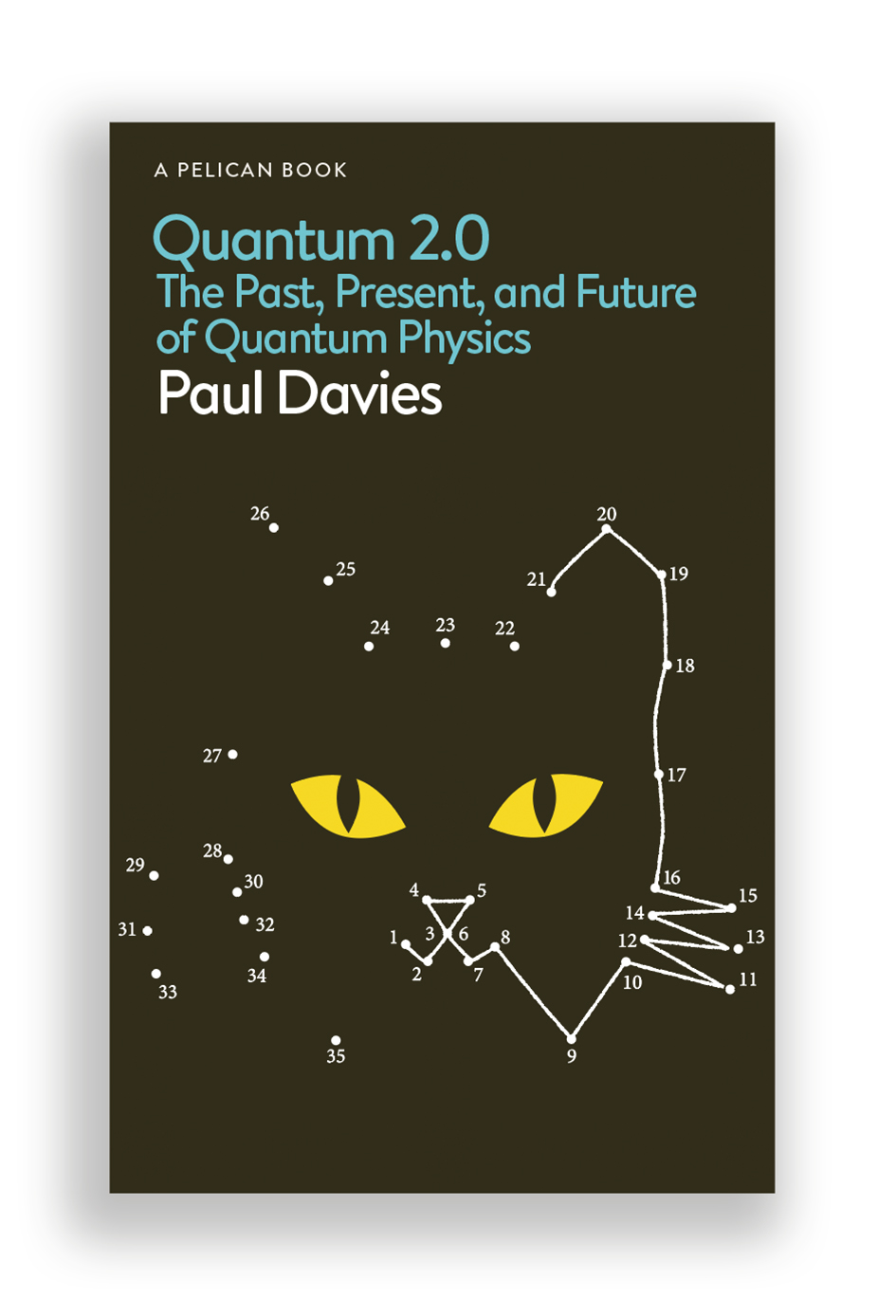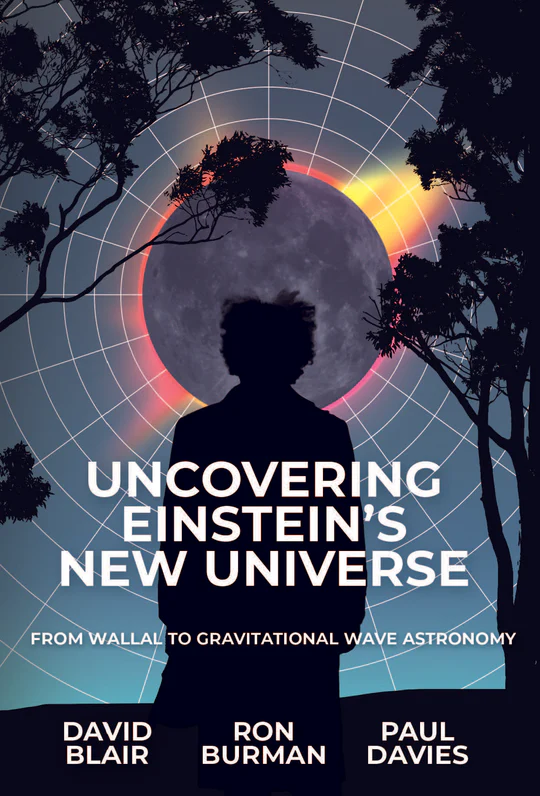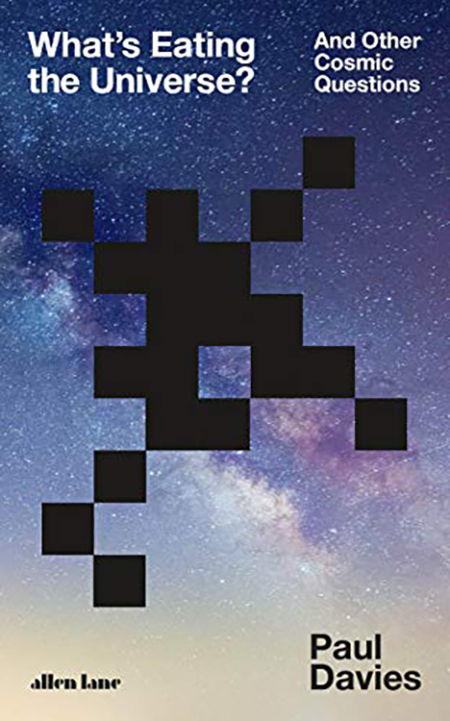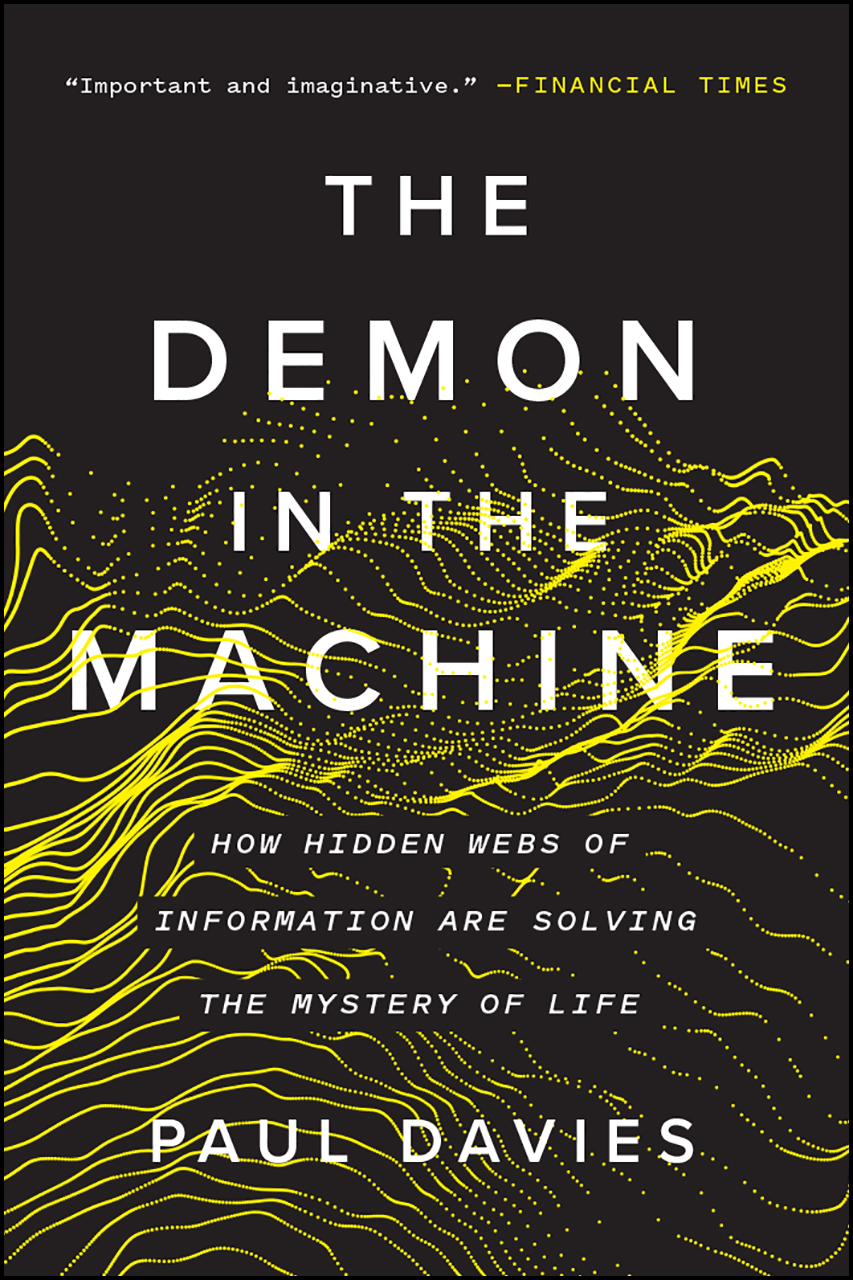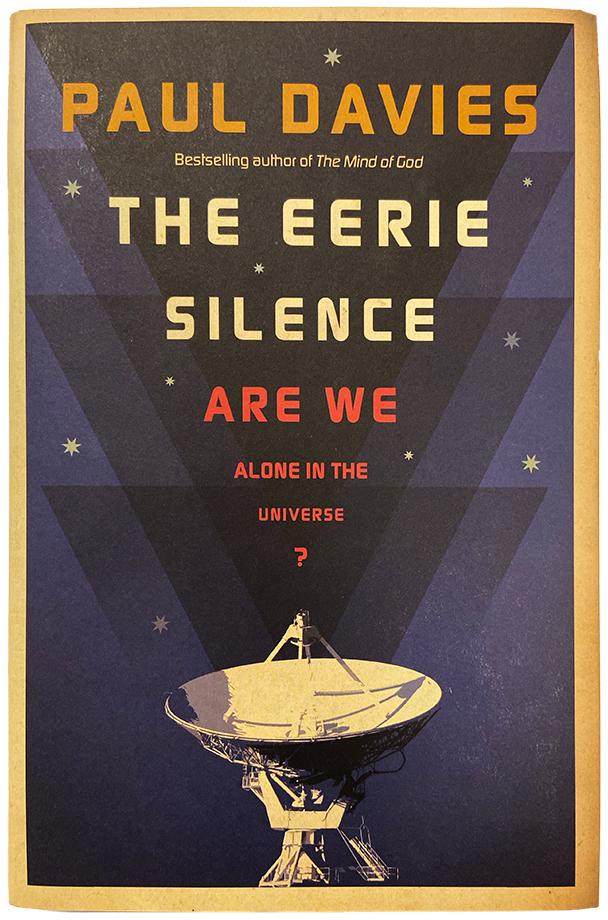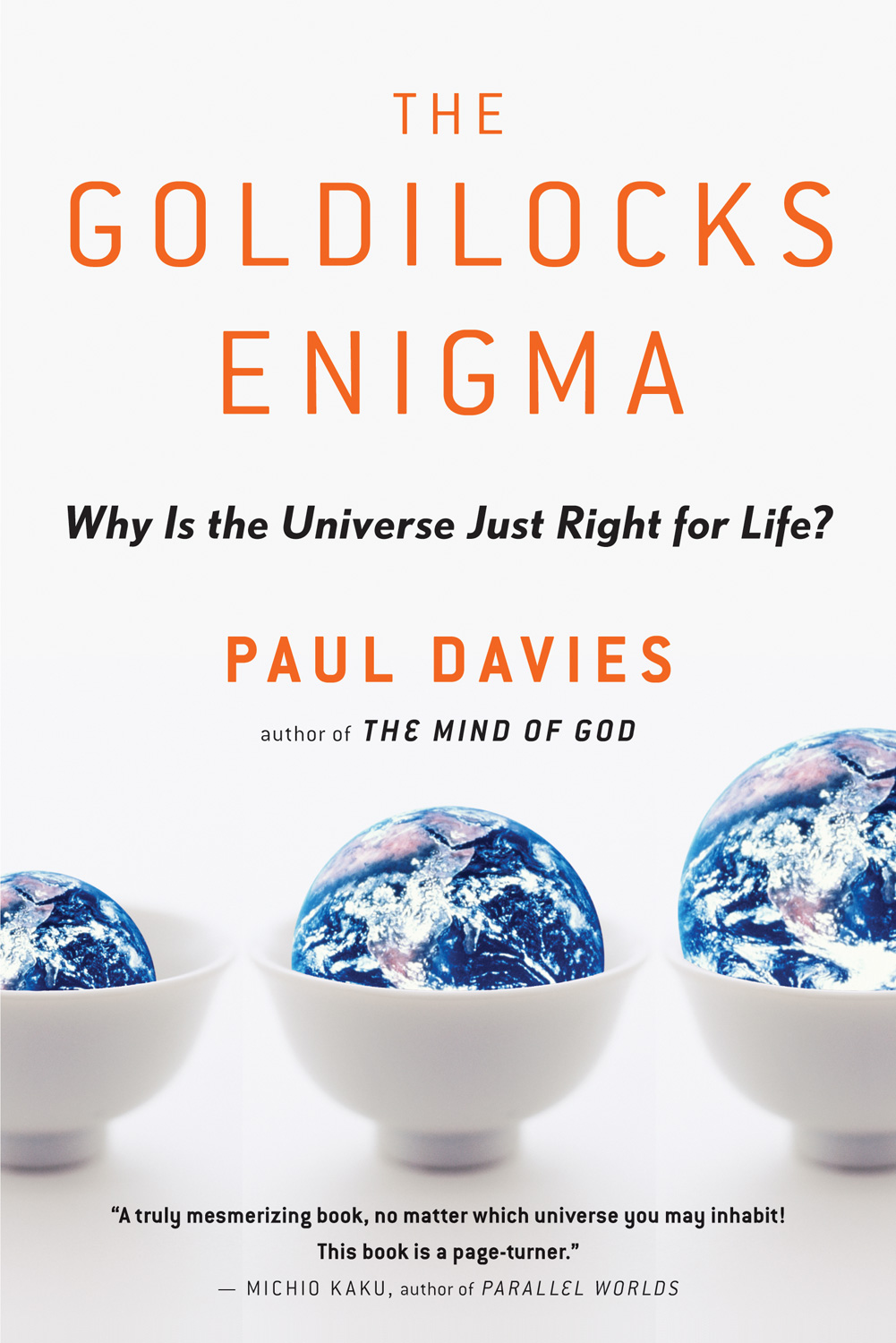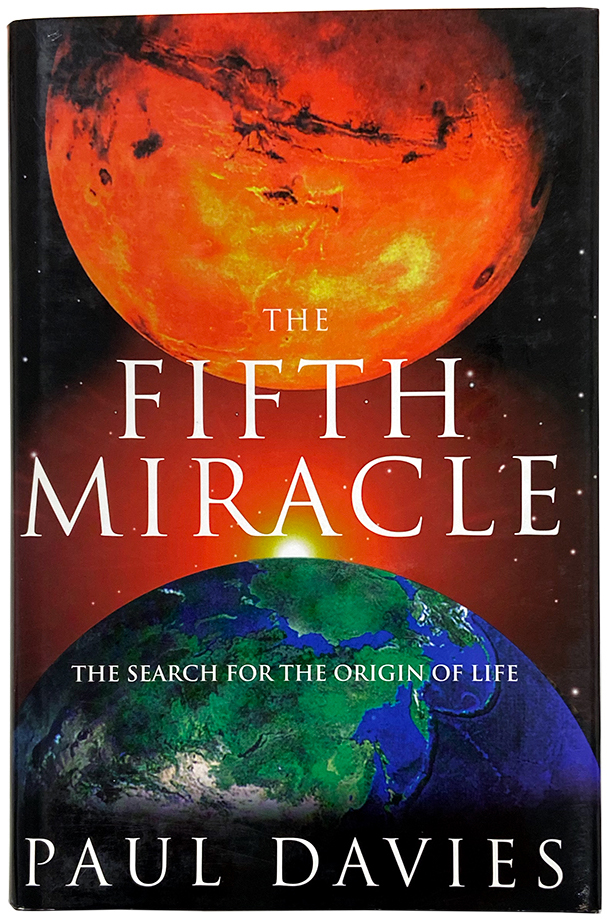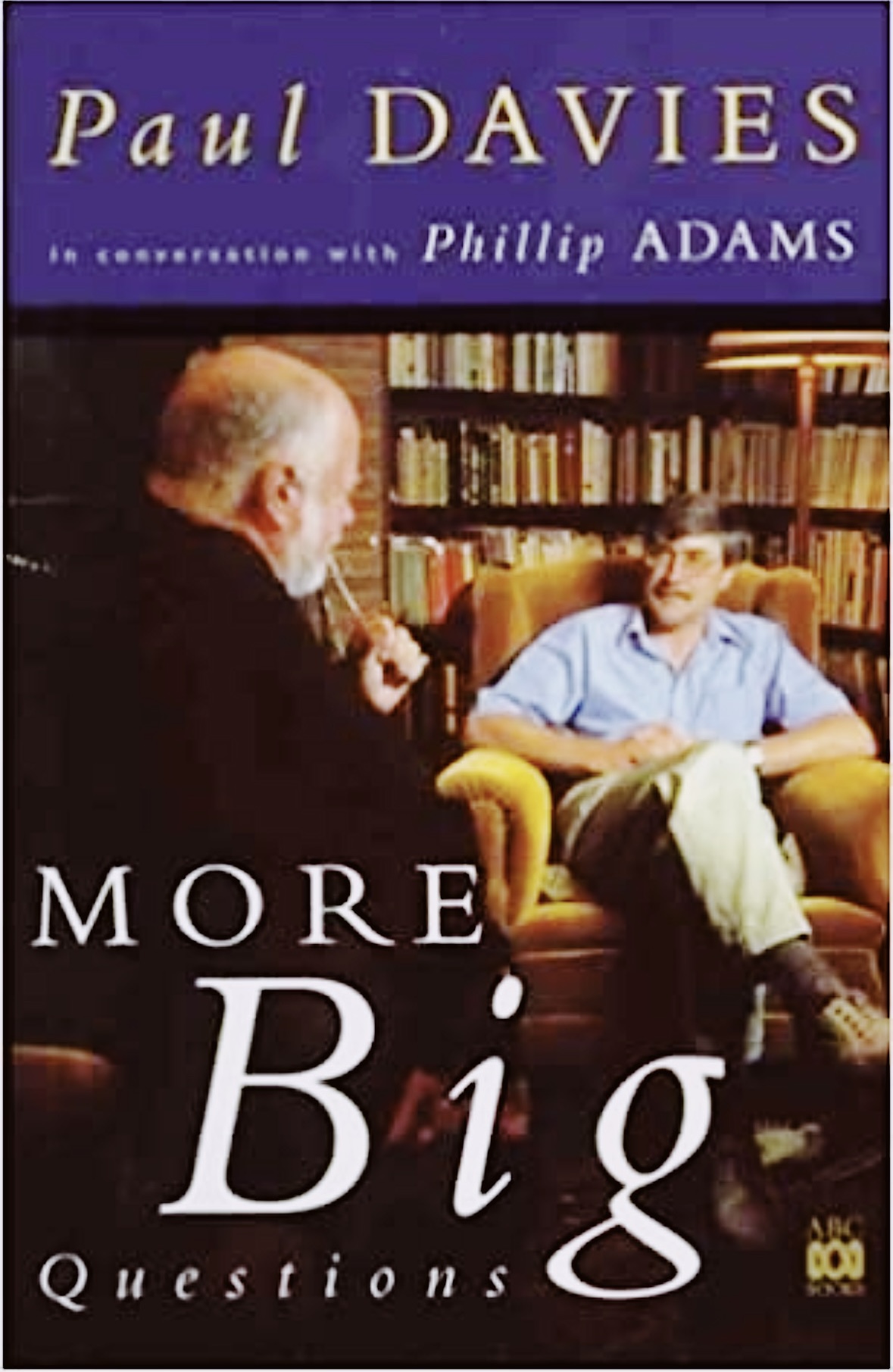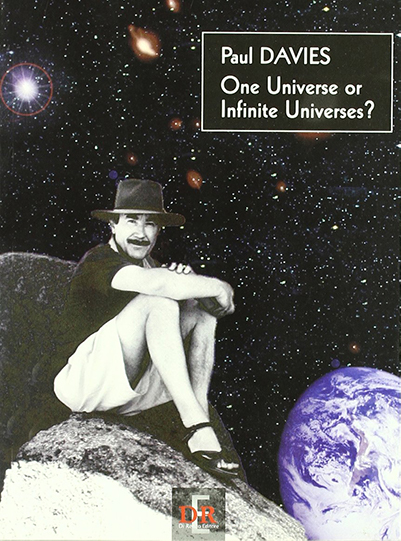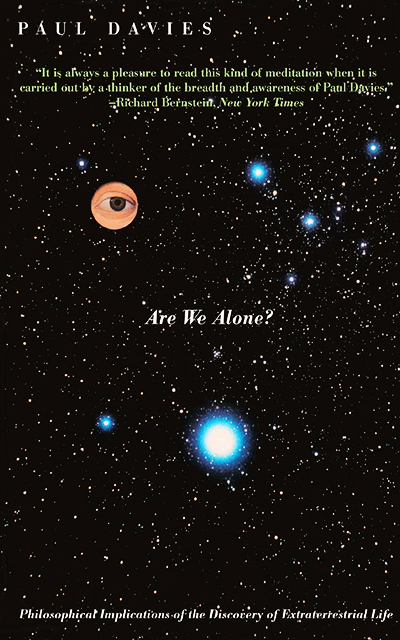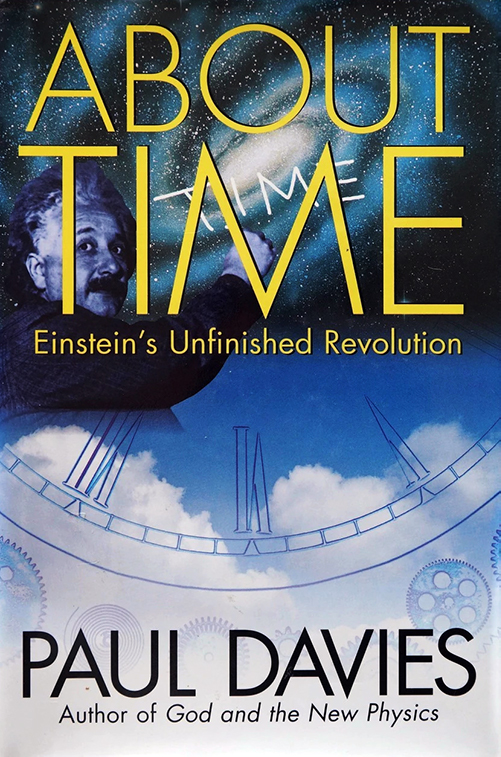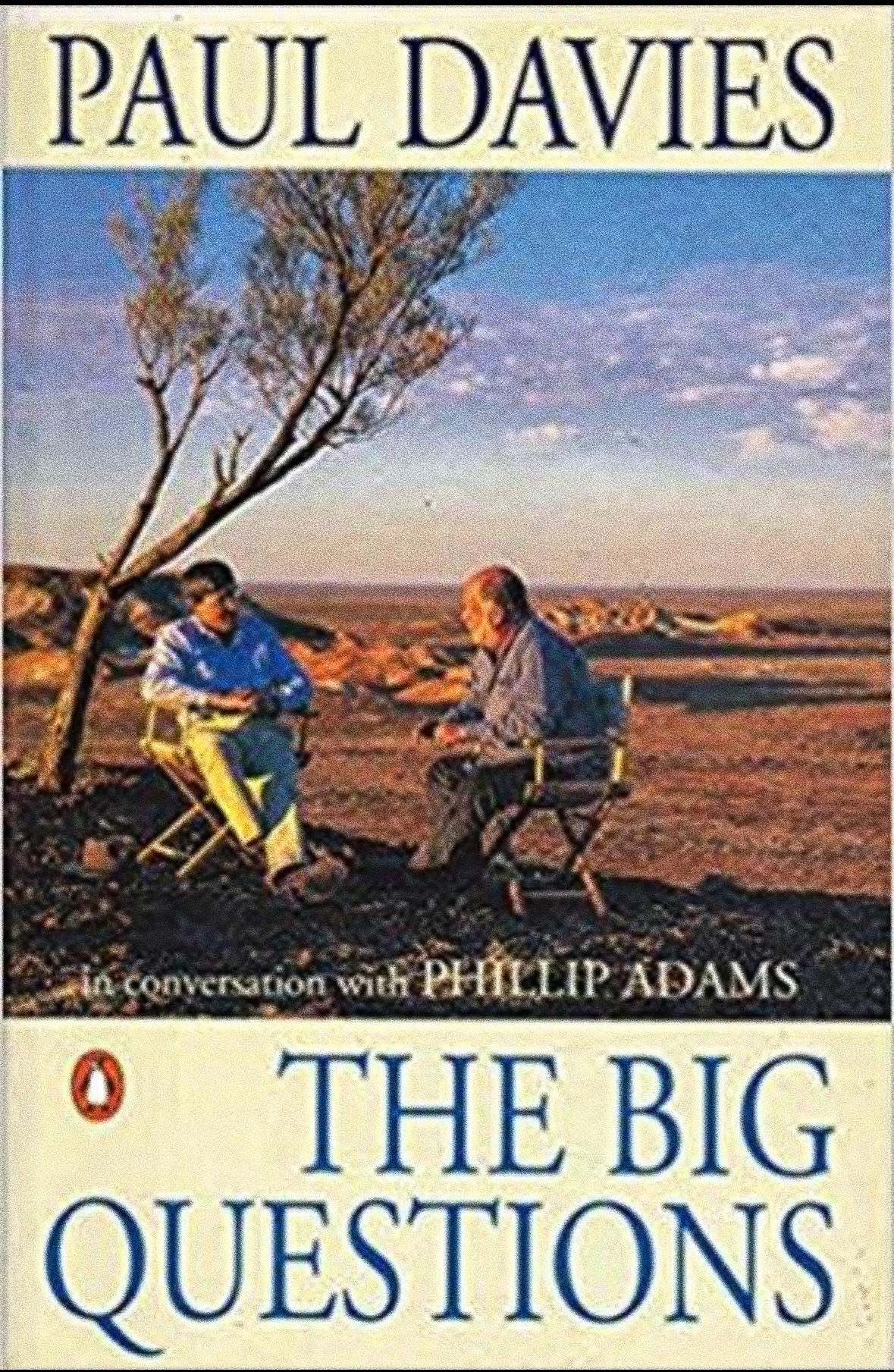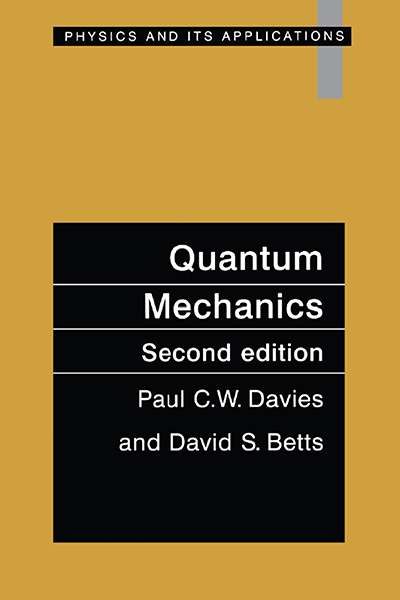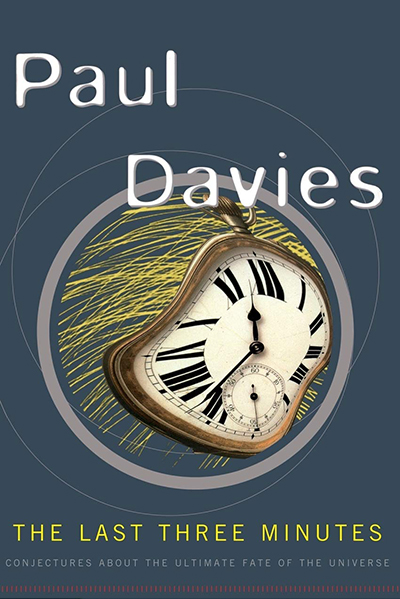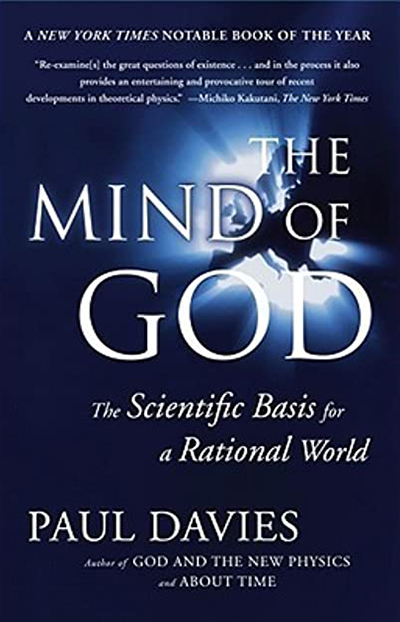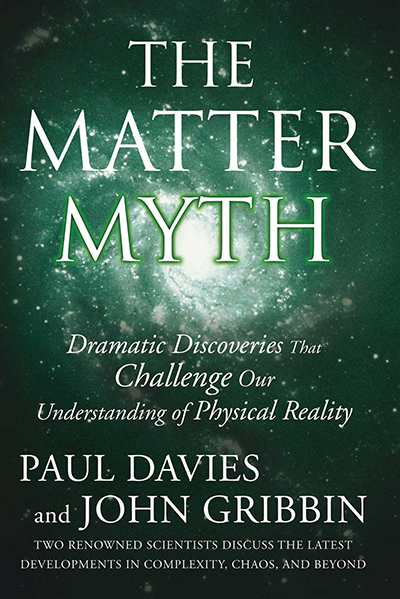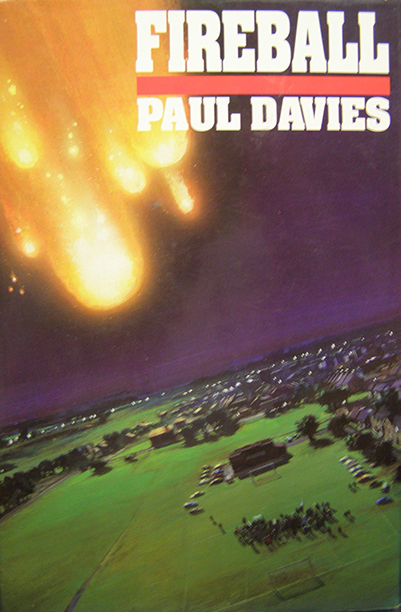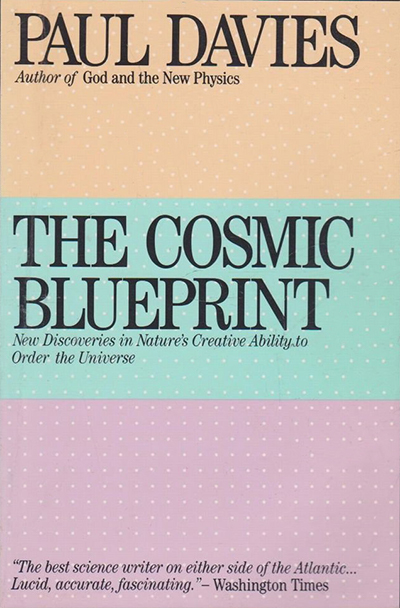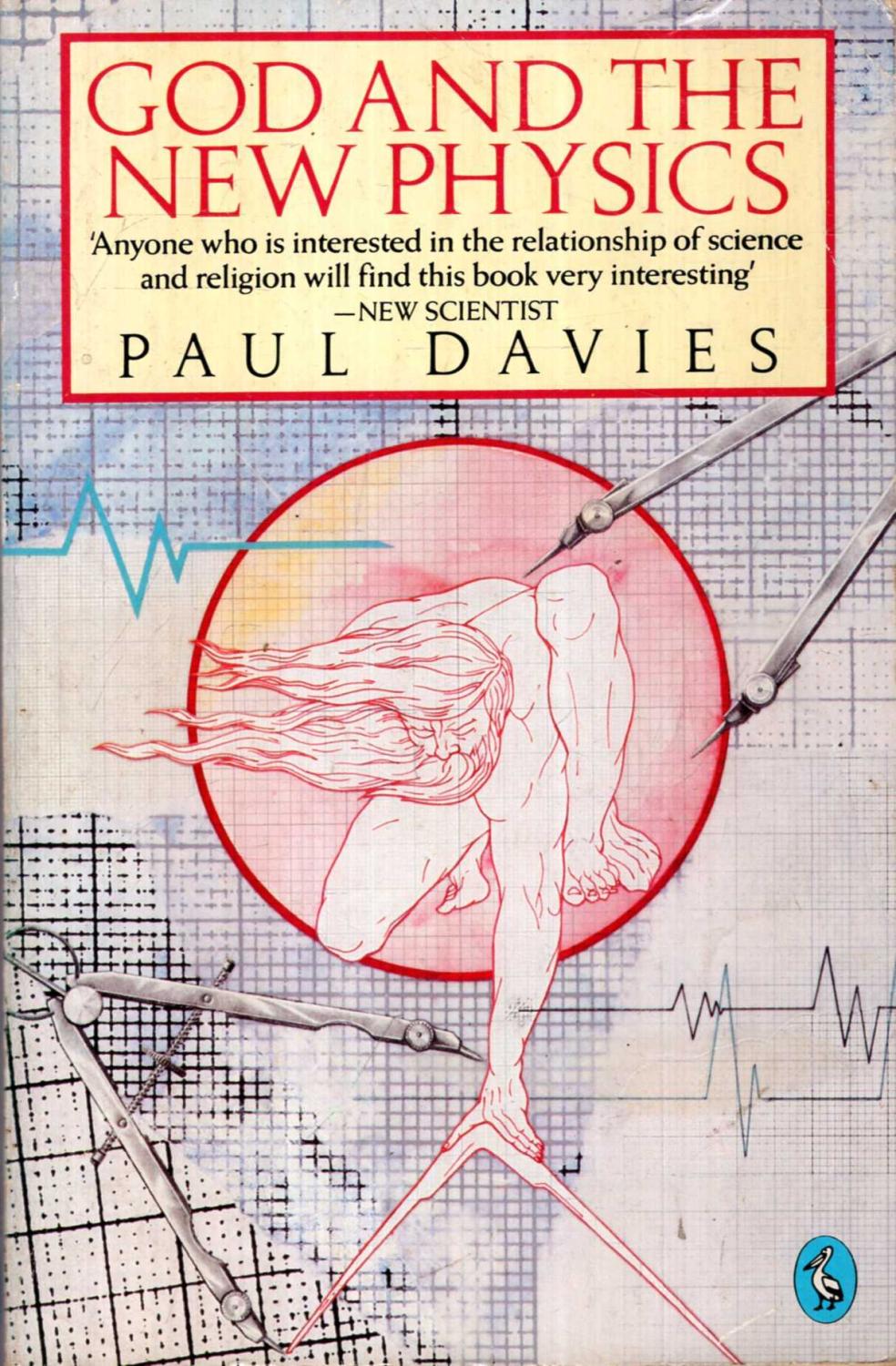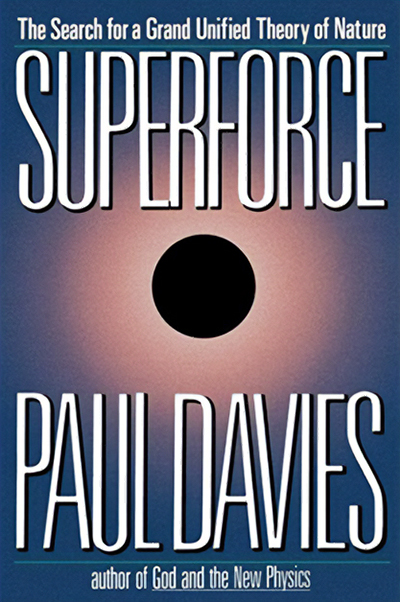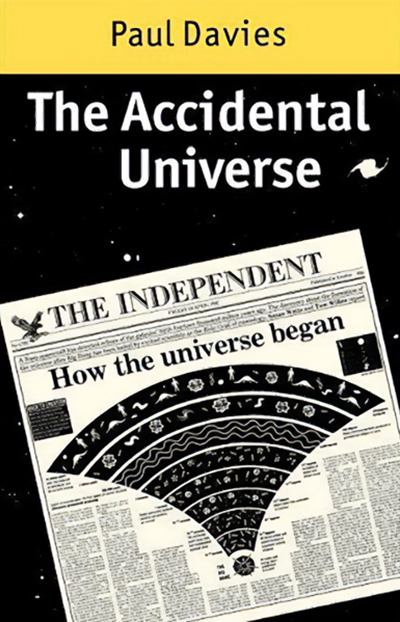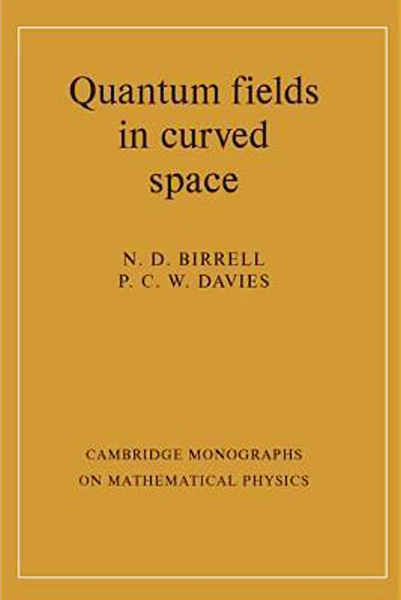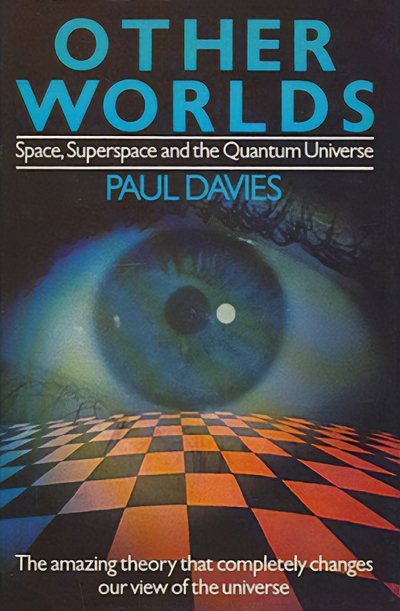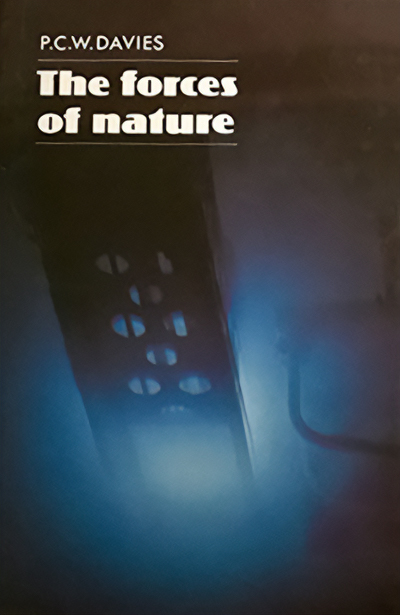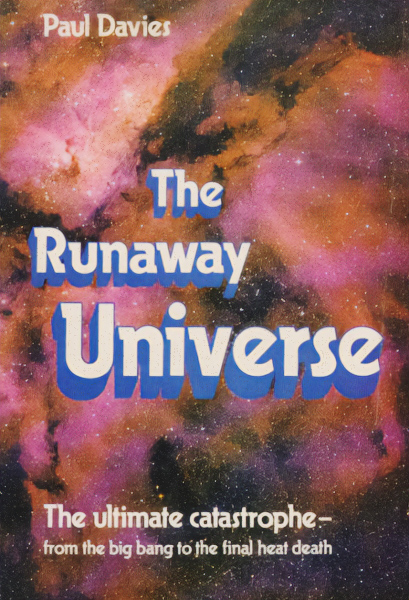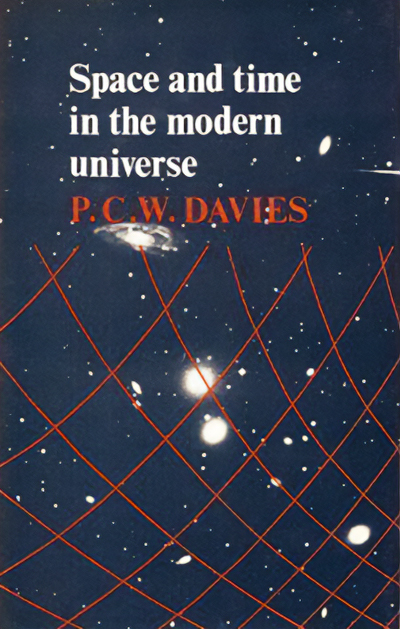Books
The collection of Paul Davies’ published books, book chapters, and books edited. Click the drop down menu to select a category.
Quantum 2.0 - Coming Soon!
The Past, Present, and Future of Quantum Physics
Nov 2025 A hundred years ago, the world of science was upended by a theory so profound and so powerful that it has entered the popular lexicon: quantum. Within a few years of its formulation, quantum physics explained the nature of matter and forces across the universe, from subatomic particles to stars.Uncovering Einstein's New Universe
From Wallal to Gravitational Wave Astronomy
Sep 2022Einstein gave us a vision of a new universe in which time and space are warped and rippling in response to everything else in the universe. Vast bursts of energy in the form of ripples of pure and empty space are passing through us at light speed, carrying messages about a dying universe and about the places where space, time and matter all cease to exist. It took a century of struggle to understand Einstein’s prophesy.
What's Eating the Universe?
and Other Cosmic Questions
Aug 2021In the constellation of Eridanus lurks a cosmic mystery. It appears as if something has taken a huge bite out of the universe, leaving a super-void. What is the culprit? A supermassive black hole? Another, bigger universe? Or an expanding vacuum bubble, destined to envelop and annihilate everything in existence?
The Demon in the Machine
How Hidden Webs of Information are Solving the Mystery of Life
Oct 2019When Darwin explained evolution he made no attempt to answer the deeper question: what is life? Huge advances in biology over the past decades have served only to deepen the mystery.
The Eerie Silence
Are we alone in the universe?
Jan 2010Fifty years ago, a young astronomer named Frank Drake pointed a radio telescope at nearby stars in the hope of picking up a signal from an alien civilization. Thus began one of the boldest scientific projects in history -- the Search for Extraterrestrial Intelligence (SETI). But after a half-century of scanning the skies, astronomers have little to report but an eerie silence -- eerie, because many scientists are convinced that the universe is teeming with life.
The Goldilocks Enigma
Why is the Universe just Right for Life?
Apr 2006For thousands of years, human beings have gazed in wonder at the world about them and asked the big questions: How did the universe come to exist? What is it made of? Where do human beings fit in? Is there some sort of meaning behind the great cosmic scheme of things? In my latest book, I have a stab at answering all of them!
How to Build a Time Machine
Mar 2003Time travel makes great science fiction, but can it really be done? Well,... maybe.
If it can, this book will tell you how, in four easy stages. Read about black holes, wormholes and time warps, and the wacky world of time travel paradoxes.
The Fifth Miracle
The search for the origin of life
Mar 1999How, when and where did life begin? Life's origin remains one of the greatest scientific mysteries. Recent discoveries in astrobiology suggest that life might have started on Mars and come to Earth in rocks blasted off the Red Planet by comet impacts. The discovery of microbes living deep underground or round scalding volcanic vents on the sea bed supports the idea that life began in an exotic locale. But how exactly did it start? And what is life anyway?
More Big Questions
Paul Davies in Conversation with Phillip Adams
Jan 1998As if we didn't answer enough Big Questions in the first television series, the producer came up with a list of more! This time Phillip Adams and I set up shop in the living room of legendary South Australian artist Hans Heysen and mulled over such posers as chaos theory, Einstein's legacy and science and truth.
One Universe or Infinite Universes?
Jan 1998In this compilation of essays for an Italian publisher, I consider the merits of the so-called multiverse theory for explaining the nature of the universe we observe.
Are We Alone?
The philosophical basis of the search for extraterrestrial life
Jun 1996For decades a heroic band of astronomers has been sweeping the skies with radio telescopes in the (tiny!) hope of stumbling across a message from an alien civilization - a project known as SETI (the Search for Extraterrestrial Intelligence). What is the basis for the belief in intelligent aliens? And what would happen if SETI succeeded? How would it affect our science, our religions and our world view?
About Time
Einstein's unfinished revolution
Apr 1996The title says it all! Time is one of those endlessly fascinating topics, and I have spent much of my career researching it. What exactly is time? Why does it appear to ‘flow’? Is that an illusion? What makes the past different from the future?
The Big Questions
in conversation with Phillip Adams
Jan 1996Quantum Mechanics, second edition
with D. Betts
Jun 1994Quantum mechanics is the key to modern physics and chemistry, yet it is notoriously difficult to understand. This book is designed to overcome that obstacle.
The Last Three Minutes
Conjectures About The Ultimate Fate Of The Universe
Mar 1994What is the ultimate fate of the universe? Will it die with a bang or a whimper? Or might it live forever? This book examines several scenarios for the exceedingly far future, when the stars have burned out and black holes roam the cosmos. Read about super-civilizations eking out a desperate existence in the cold emptiness of space, or bracing themselves for fiery annihilation in the big crunch.
The Mind of God
The Scientific Basis for a Rational World
Mar 1993The title is taken from the closing passage in Stephen Hawking's famous book. This is my attempt to really get to grips with the science and religion debate. I focus on the idea of God as the rational ground that supports the law-like order in the universe. I see science as a way of uncovering the deep and elegant mathematical structure in nature - of 'glimpsing the mind of God,' as Hawking expressed it. But where did this mathematical order come from? And could it have been different?
The Matter Myth
Dramatic Discoveries that Challenge Our Understanding of Physical Reality
Jan 1991In daily life, matter seems real and concrete. But at the atomic level, solid matter dissolves into ghostly patterns of vibrating energy. So is matter actually the most fundamental aspect of reality, or might it be a secondary construct?
Fireball
Feb 1989Based on the enigmatic phenomenon of ball lightning, this book is a fast-paced apocalyptic novel about mysterious fireballs that result from grains of antimatter entering the Earth’s atmosphere.
The Cosmic Blueprint
New Discoveries In Natures Ability To Order Universe
Feb 1988In this critically acclaimed book, I explain how recent scientific advances are transforming our understanding of the emergence of complexity and organization in the universe.
God and the New Physics
Oct 1984 How did the universe begin and how will it end? What is matter? What is mind, and can it survive death? What are time and space, and how do they relate to ideas about God? Is the order of the universe the result of accident or design?Superforce
The Search for a Grand Unified Theory of Nature
Jan 1984As physicists probe ever deeper into the subatomic structure of matter, it seems increasingly likely that the various fundamental forces of nature are in reality just aspects of a single underlying superforce, which manifested itself in the first split second after the big bang. This book explains the subtle nature of force and matter in easy language, and describes recent attempts to produce the grand unified theory that eluded Einstein.
The Accidental Universe
Sep 1982One of the great questions of existence is why the universe is the way it is. Starting in the 1950s, physicists began to notice lots of curious ‘coincidences’ and special features about the physical world that made it unusually suited to spawn life. What is the source of this bio-friendliness? Is it just an accident, or is there a deeper explanation?
The Edge of Infinity
with J.M. Dent
Mar 1982This book explains with the help of diagrams but no equations the topics of black holes, the origin of the universe and curved spacetime. The concept of a spacetime singularity is discussed in detail, including the possibility of ‘naked singularities’ outside of black holes.
Quantum Fields in Curved Space
with N.D. Birrell
Jan 1982This book presents a comprehensive review of the subject of gravitational effects in quantum field theory. Although the treatment is general, special emphasis is given to the Hawking black hole evaporation effect, and to particle creation processes in the early universe. The last decade has witnessed a phenomenal growth in this subject.
The Search for Gravity Waves
Oct 1980One of the great scientific advances of the present century was the detection of gravitational waves in 2015, a century after Einstein predicted them. This early book explains the basics of gravitational waves for readers with no advanced knowledge of astronomy or mathematics. The long road to discovery has spanned many decades.
Other Worlds
A Portrait of Nature in Rebellion, Space, Superspace, and the Quantum Universe
Jan 1980Quantum mechanics famously plays havoc with our understanding of reality. In the 1970s a handful of physicists toyed with the idea that quantum uncertainty implies the existence of a vast number of parallel realities. This so-called many-worlds interpretation of quantum mechanics was at the time considered bizarre and untestable, so very few physicists supported it.
The Forces of Nature
Aug 1979There are four fundamental forces of nature: electromagnetism, gravitation, the weak nuclear force and the strong nuclear force. In the 1960s and 70s there was a huge advance in understanding how these forces operate at the atomic and subatomic level. A plethora of new subatomic particles led to a drive to unify all the forces and particles into a single, all-encompassing theory.
The Runaway Universe
Jan 1978Since the middle of the nineteenth century it has been known that the universe is slowly dying. The notorious second law of thermodynamics predicts the inexorable degeneration of cosmic order. But it’s not all bad news.
Space and Time in the Modern Universe
Jan 1977This book is a beginners guide to the theory of relativity, with its outlandish predictions such as spacewarps and timewarps, black holes and a universe erupting from nothing. This is a relatively easy way to learn new physics, including advanced material usually omitted from all but the most specialist mathematical treatments.
The Physics of Time Asymmetry
Jan 1974It is a basic property of nature that our world possesses a structural distinction between past and future; in physics this is known as time asymmetry, and it is a controversial and obscure area of study. Can the asymmetry in time of the everyday world be accounted for on the basis of conventional physics?
